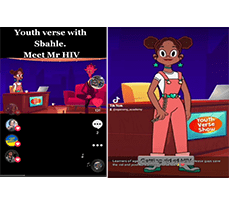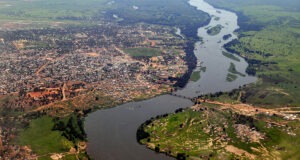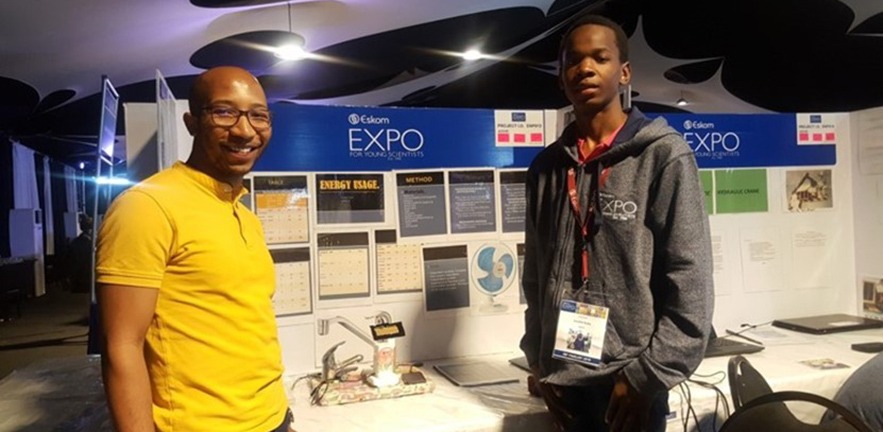In today’s fast-changing world, where poverty and inequality are still on the rise, we need creative and innovative ways to educate marginalised communities about health issues, particularly sexual health. This is a gap Aganang Skills Academy is bridging in Tsakane, a small township in Ekurhuleni, South Africa.
The Aspire Higher journey

Aganang Skills Academy is an education-based NPO whose purpose is to educate people about health-related matters. The non-profit organisation that was founded by PhD student Vincent Hlatshwayo, aims to foster behavioural change amongst youths, and empower them academically and economically. Aganang Skills Academy creates educational, vibrant, and high-quality animated content using world-class software. What better way of educating the youth in the digital world.
In 2021, the Academy was shortlisted as one of the four top finalists of the Aspire Higher Competition and were given funding to implement programmes focused on educating young women about sexual health. Aspire Higher is a social investment initiative that has transformed the way in which we practice social responsibility and development in Africa. The program was started based on a partnership with Reckitt, Gilead and the Centre on African Philanthropy and Social Investment (CAPSI) aimed at helping young girls access and engage in sexual health education. CAPSI capitalised on this opportunity by aligning it with their social entrepreneurship and innovation program that is derived from several pillars of philanthropy and social investment.
Impacting youth in Southern Africa
In sub-Saharan Africa, four out of five new HIV infections are among young adolescent girls (14-25 years). High HIV incidence amongst adolescent girls and young women is compounded by high levels of teenage pregnancy, school dropout and gender-based violence (GBV) which occurs in a context where there are limited economic opportunities for young people.
During their year of implementation, Aganang Skills Academy increased HIV/AIDS sexual health awareness, targeting 100 adolescent and young women in Tsakane. They empowered young girls in high school with skills such as coding and robotics, soap making, candle making, painting and vertical farming, that they can use for their economic benefits.
By the end of the competition, the Academy had created five educational videos on HIV/AIDS and improving sexual health. They created employment opportunities for four unemployed youths in the community and developed a skills and teaching curriculum that can be replicated and scaled.
Going forward
Aganang Skills Academy intends to continue teaching skills that do not require specialised training, allowing them to train people to pass on the skills and thus ensure project continuity. They plan to impact 100 more adolescent girls through their sexual health education programme. More importantly, the academy hopes to continue creating change and transforming the community of Tsakane.


